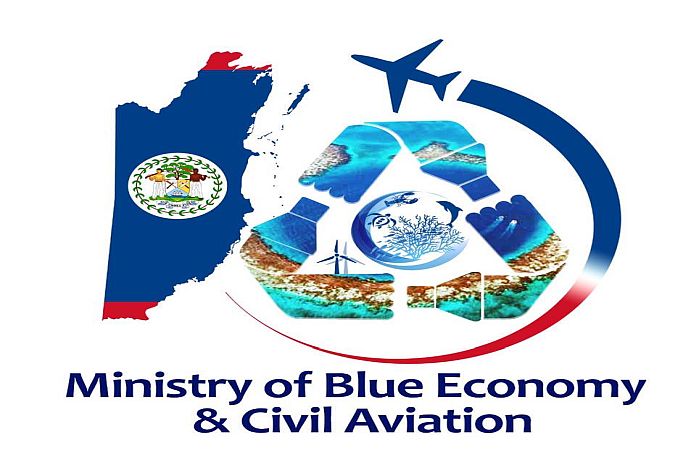By Government Press Office | BELIZE
BELMOPAN, Belize – The government of Belize, through the ministry of finance, economic development and investment, the ministry of blue economy and civil aviation, and the Belize fisheries department, is launching a new technical cooperation grant project called Support for the Development of a Program to Promote Sustainable Growth of the Blue Economy.
The project will be implemented by the Inter-American Development Bank (IDB) over a two-year period. The project will be fully funded by the Japan Enhanced Initiative for Quality Infrastructure, Resilience against Disaster and Health, a new scheme within the IDB’s Japan Special Fund. The total amount of the project is US$850,000.
The purpose of this project is to provide technical knowledge and preliminary technical input necessary for the design and initial implementation of the IDB-financed loan program Promote Sustainable Growth of the Blue Economy (BL-L1042). Both the technical cooperation and loan projects focus on fisheries development in Belize.
The current fisheries industry is primarily represented by the production of lobster, conch, and shrimp in nearshore marine waters within the barrier reef. There is a need to further optimize the development potential of sustainable blue economy livelihood opportunities.
As such, a strategic intervention to pursue is exploring the feasibility of fishery diversification via the sustainable utilization of fish species prevalent in the offshore areas beyond the barrier reef. To achieve this, various efforts are needed, including understanding the status of marine resources, strengthening value chains, transferring related technologies, strengthening related organizations and communities, and upgrading related infrastructure and equipment.
This project will mainly consist of relevant studies necessary for the initial stages of implementation of these initiatives and various activities aimed at sharing international knowledge and experiences from Japan and other countries.
The beneficiaries of this technical cooperation and the current proposed investment project BL-L1042 are wide-ranging and include fishermen, fishermen’s associations, major stakeholders in coastal areas, women’s groups, distributors and other private companies involved in the value chain, domestic and international consumers of marine resources, marine conservation organizations, academia, local communities, natural conservation agencies, non-governmental organizations, civil society, the private sector, and indigenous peoples groups, among others.





